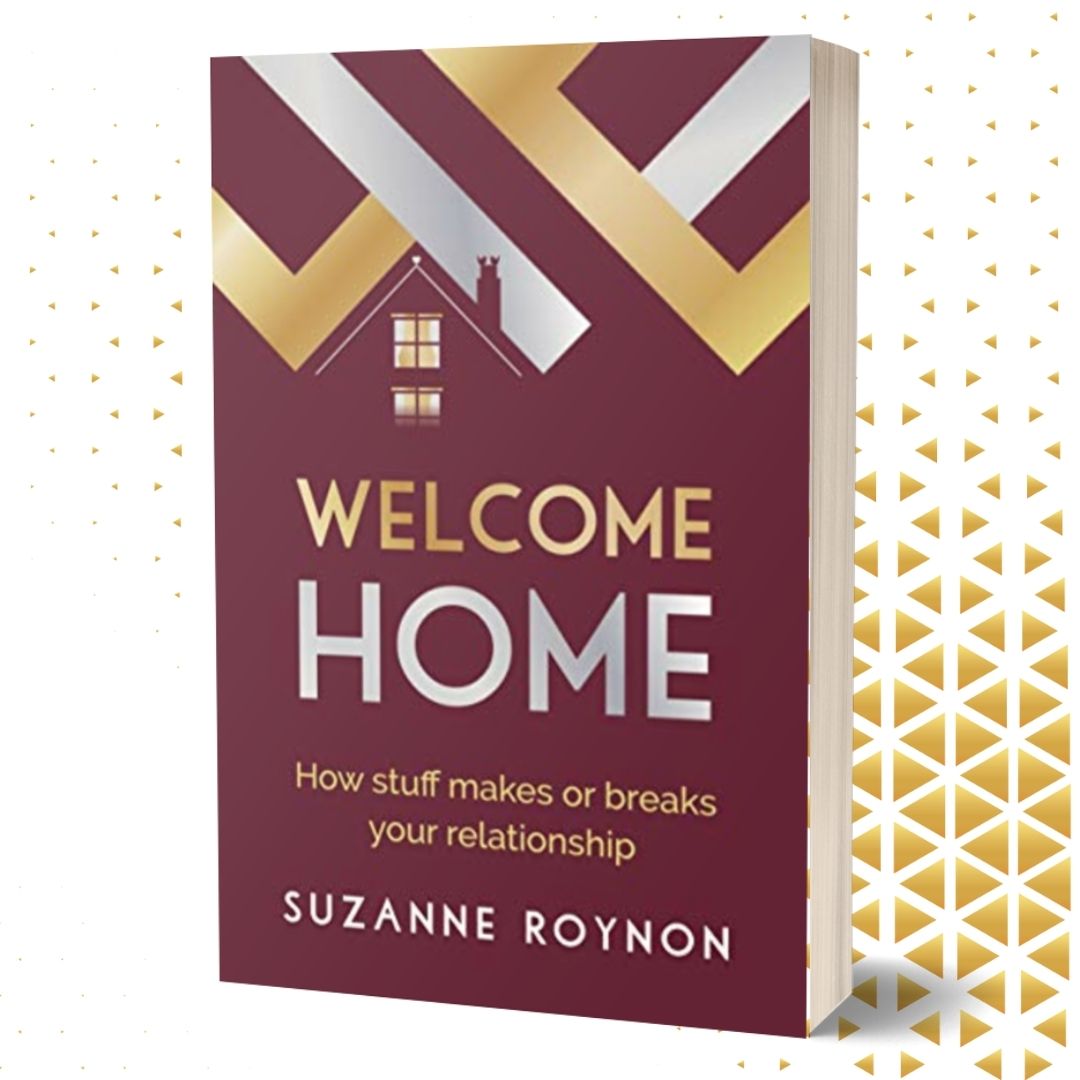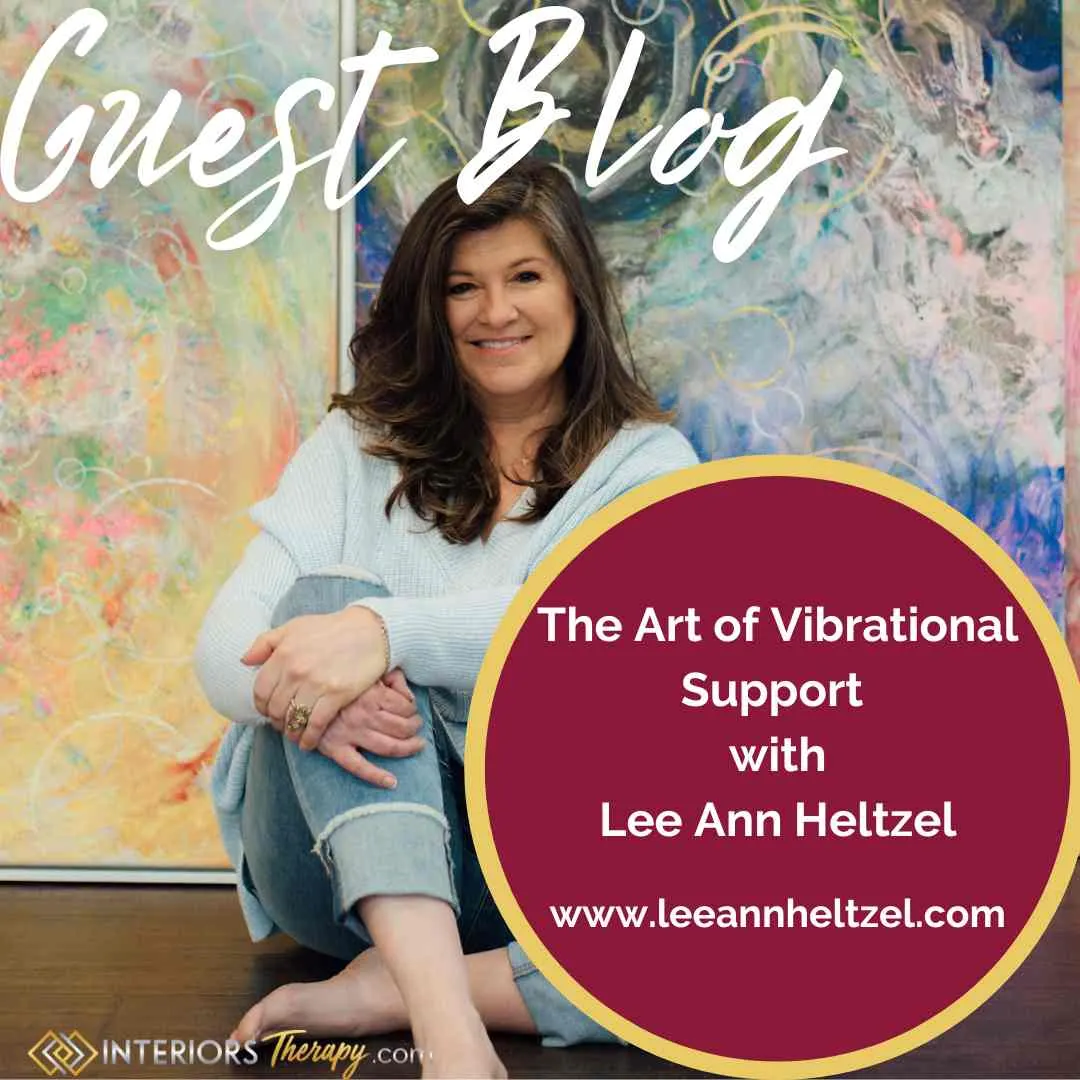In praise of books
.jpg)
If you surround yourself with books you love and plan to read. Fantastic. That’s what books are for.
The excitement of opening a new book, delving into the pages and being whisked away – regardless of fact, fiction or genre – is all about ‘me’ time. It is protected space whether travelling, curling up in a chair or studying.
Equally, re-reading a treasured book fizzes with a hint of nostalgia, the indulgence of knowing what happens but still wanting to repeat the experience. It’s like connecting with an old friend after years apart and feeling they never went away.
That’s the fabulous side of books.
However, many people keep shelves and stacks of books they never plan to read or read again. Their books become clutter and create physical and energetic blockages in the space of their owners.
“I just never get around to reading it”
“I started but lost interest”
“I suppose I should read it”
“A friend gave it to me, she’ll notice if it’s gone”
One client grew up longing to have a library of her own.
Books were her passion and she envisaged a large airy room with floor to ceiling bookshelves where she could read undisturbed for hours. This was her idea of heaven.
The reality was quite different, jumbled shelves in rooms and corridors, books stored two deep with more crammed in horizontally on top.
The books she loved were buried so deeply that she invariably bought a replacement copy rather than try to locate the original.
My client acknowledged she had no intention of reading the majority again and was keeping them, and thousands of others in plastic crates in her garage and attic, in anticipation of filling the shelves in her imagined library.
Getting around my client’s home was a challenge.
The hallway and landing were only the width of a door but were lined with towering bookshelves blocking daylight and reducing walkway space by a third.
Have you noticed how many books have really dark covers or menacing titles? They made every part of the house oppressive and understandably my client was dogged by poor health.
Now don’t get me wrong, I love to read a variety of books, and gruesome, bloodcurdling thrillers are right up there along with biographies, the lightweight stuff of sunny holidays and whatever my current motivational interest might be.
The difference is that when I’ve finished with them, I let them go. The only books which stay with me are treasured friends and the reference books I return to over and over again. I’ve no desire to glimpse titles which might create negative energy around me.
The shelf in the spare-bedroom of my grandparent’s house was crammed with books. I don’t suppose they even noticed them, let alone considered the impact of books with spines proclaiming chilling titles about death, murder and torture being the last thing small children saw at bedtime.
The subconscious constantly responds to triggers and stimuli and absorbing jarring, angry, frightening or aggressive words prevents it from switching off.
Look at the titles you keep around you, are they helping you or your children feel safe and at ease in your home?
Recently a client explained his late wife had bought and read two new books each week for the length of their long and happy marriage. After she died the 2000+ books had remained untouched for six years, taking vast space in the house he now needed to sell.
They were a tangible and painful reminder of the absence of love in his home.
Ultimately with Interiors Therapy he released all but a few he wanted to read for himself and the house felt happier.
Giving unwanted books a fresh lease of life is incredibly liberating. Recognising and parting company with anything you don’t love, need or use is as valid for books as other possessions.
Try it with your shelves, starting with the easy wins – the books you didn’t enjoy. Then move onto the ones you don’t intend to read again and those you have no interest in.
This will potentially clear half of the volumes you own. Think about what the spines are saying to your subconscious and put the negative, unnerving titles out of your (and your children’s) sight-line. Treasure the books you keep and return to them often.
Books are there to be loved and read. The authors, ancient and modern, put vast amounts of time and effort into creating them. If their books have served their purpose for you, let someone else take pleasure in them rather than abandoning them to a crammed, dusty shelf.







